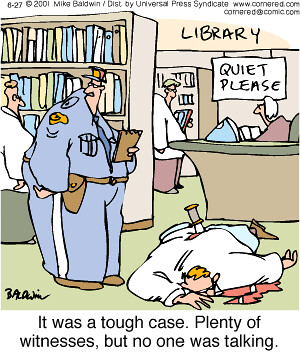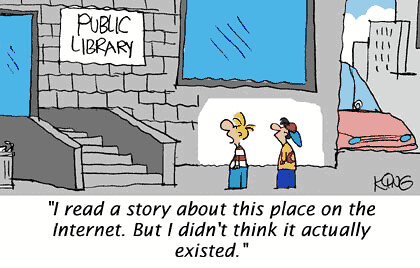- The learning and teaching context of school libraries;
- The school library mission;
- Standards for school libraries;
- The role of the teacher librarian;
- Information literacy in schools;
- The school library website and school intranet.
It's like a set of guidelines for the school teacher librarian. An extremely useful document. Every section I found interesting and packed with valuable information. I particularly liked the section on the school library website and school intranet. With the growing amount of resources available online this is one way the TL can select and group together suitable resources for students who could access them during school or outside school. As a parent and a teacher and a TL-to-be, I love the idea of teachers/faculties have their own webpages. Students would no longer to say they lost their homework/assignment sheet or didn't know when something was due, or couldn't find the info for it. Easy access - I love it!



























































